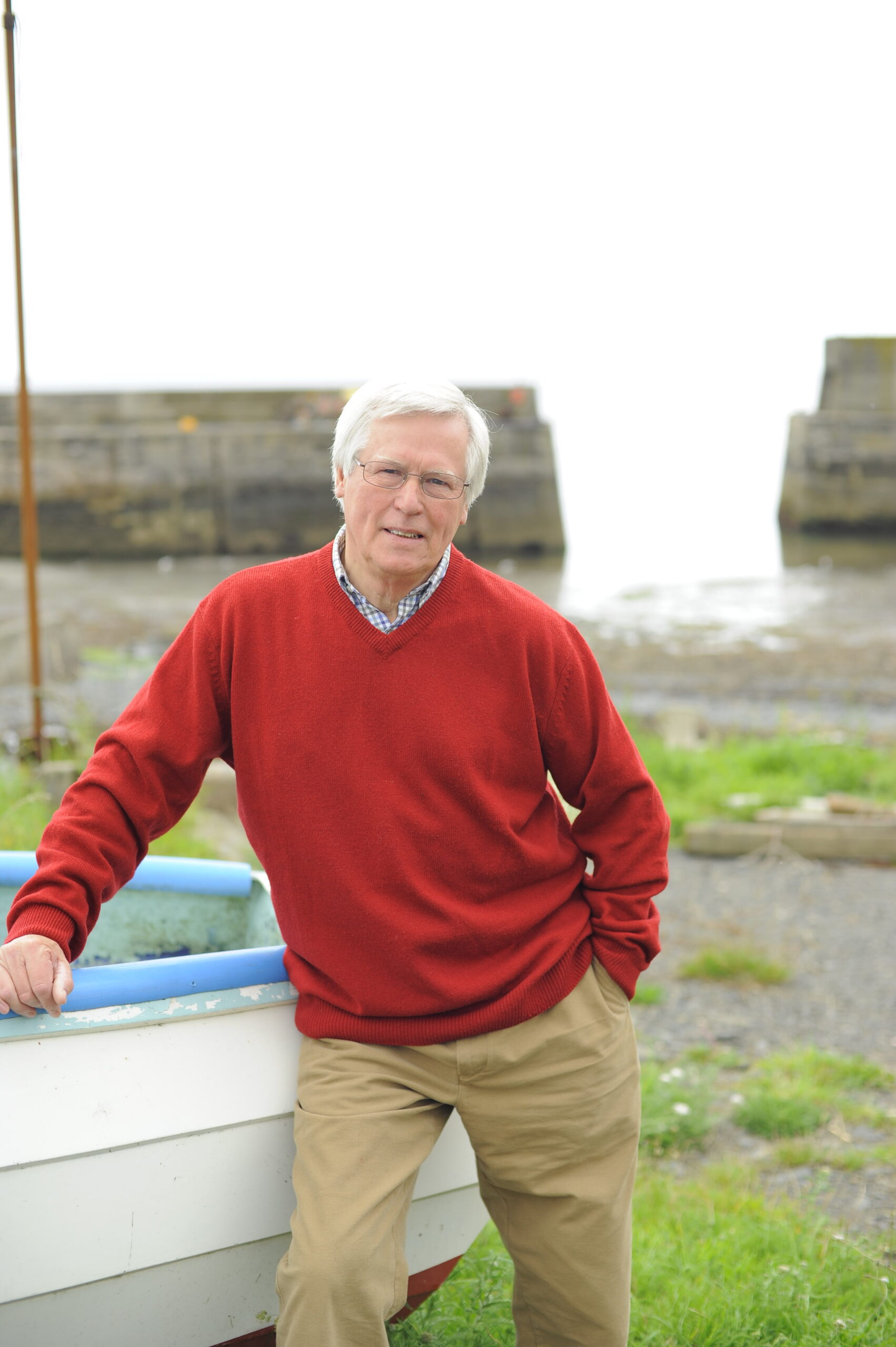
There can’t be many wildlife encounters in this country better than being up-close to whales and dolphins. I will never forget my first view of the common bottlenose dolphins of Cardigan Bay in south Wales.
I pulled back the bedroom curtains of my hotel in New Quay and there they were, putting on a show just off the harbour wall. Later, out at sea, they dived and leapt in the bow-waves of our boat and stayed with us for much of the afternoon. But, sadly, the only whale I’ve seen in this country was dead, washed up on a Northumberland beach.
At least its huge rotting carcass was morbid proof that there are whales in our waters. In fact, no fewer than 28 different cetaceans (whales, dolphins and porpoises) have been recorded, according to one of Britain’s leading experts, television zoologist Mark Carwardine, who’s written a book on the best places to see them.
“That’s about a third of the world’s species,” he says. “Some have been sighted only once, but there are others that can be seen almost daily – if you know where to look.”
Man-made threats
Of all our marine mammals, harbour porpoises are probably the easiest to see because they are found around the entire coast and tend to keep close to the shore. Most species of whales stay far out to sea, but you could strike it lucky with an unexpected sighting. Our most common baleen (filter-feeding) whale, the minke, will be hanging around the west coast of Scotland until October.
We can’t take it for granted that they will always be there, however. There are now real concerns for the welfare of the dolphins of Cardigan Bay, and for Britain’s other resident population of common bottlenose on the Moray Firth in Scotland.
The Whale and Dolphin Conservation Society (WDCS) says these small groups are vulnerable to losses caused by increasing man-made threats. These threats include pollution, collisions with ships and – the biggest single killer, claiming 300,000 victims worldwide every year – fishing gear and nets.
Whaling fleets
“Sadly, minke or fin whales may be targeted by harpoons rather than camera lenses should they move into waters patrolled by the whaling fleets of Iceland and Norway,” says Vanessa Williams-Grey of WDCS. Tourists going to Iceland are being urged to boycott whale meat (Gordon Ramsay was roasted for reportedly eating it recently).
Although cetaceans are protected in the UK, campaigners claim the laws can be confusing and want greater safeguards. They are asking the Scottish government to include whales and dolphins in its plans for a marine reserve in the Hebrides – a decision is due early next year. And should you be whale-watching this summer, please check for responsible boat trips – organisations such as WDCS and the Sea Watch Foundation can help. You may spot me there as well – ever hopeful!

